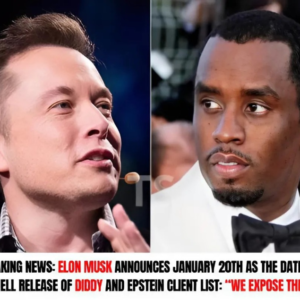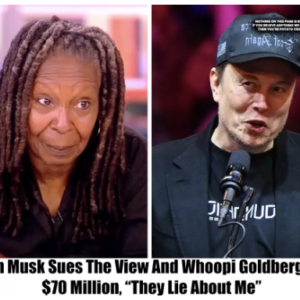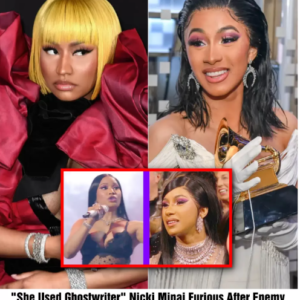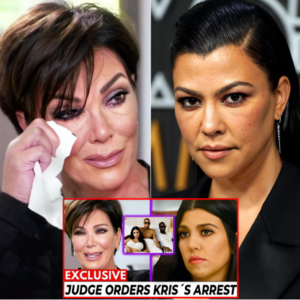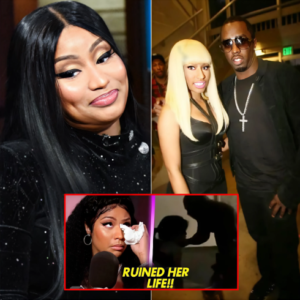In an unexpected turn of events, Taylor Swift, the global pop sensation, has stirred up a whirlwind of reactions on social media by taking a public swipe at tech mogul Elon Musk. Her comments, labeling Musk as “gifted yet lacks integrity,” have sparked a heated debate, with fans, critics, and tech enthusiasts alike chiming in. The fallout from Swift’s critique has generated a frenzy of conversations online, making it one of the most talked-about issues in recent days.
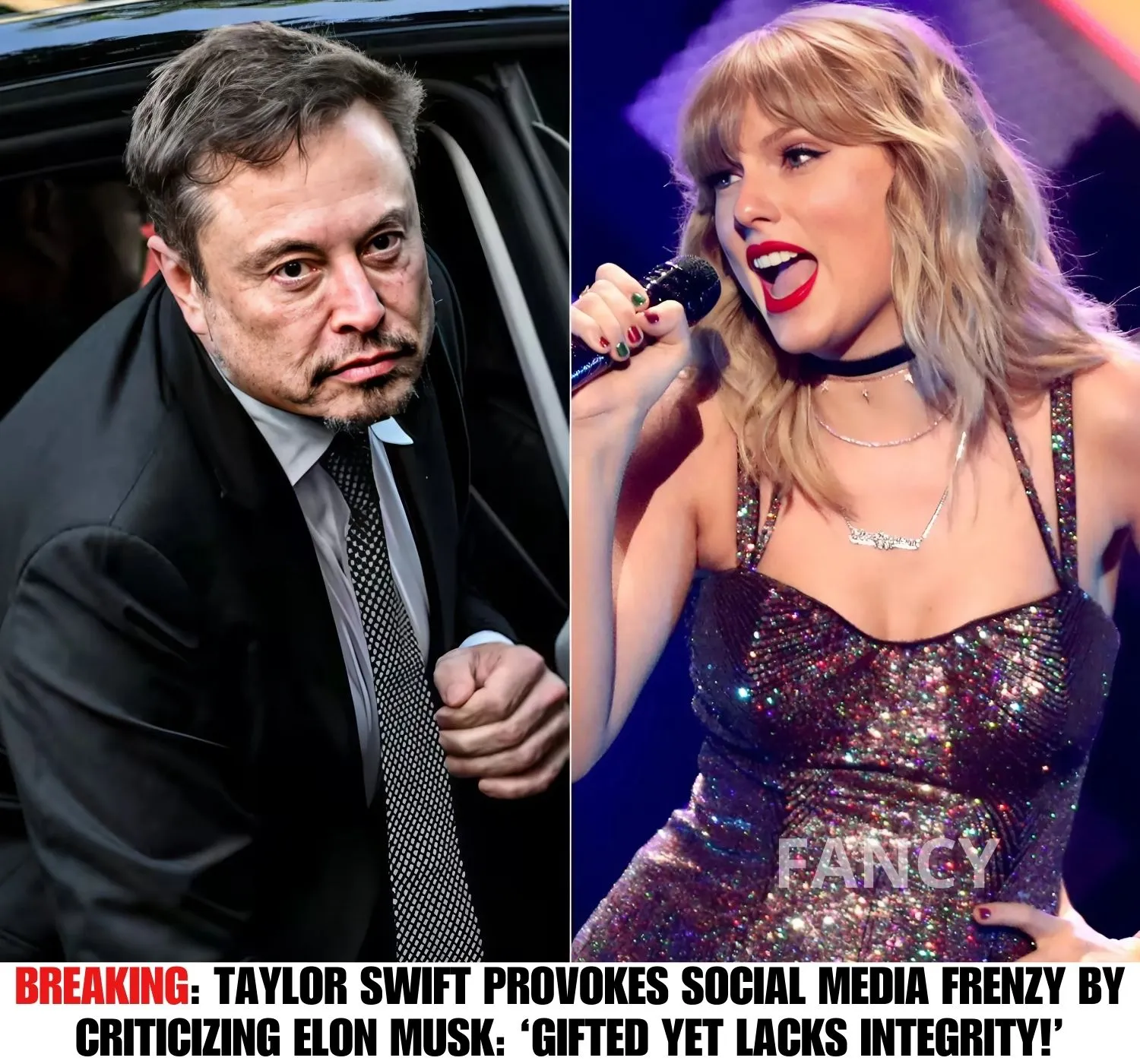
The Tweet That Sparked It All
The drama began when Swift, known for her candid opinions and thoughtful engagement with social issues, tweeted her criticism of Musk. Although the specific incident that prompted her to speak out remains unclear, her words, “Elon Musk is undeniably gifted but lacks integrity,” set the internet ablaze. The tweet quickly garnered millions of reactions, with Swifties (Swift’s loyal fanbase) and Musk’s supporters taking sides in a debate that pits pop culture against the tech world.
Swift has never been one to shy away from addressing controversial topics, using her platform to advocate for political causes, LGBTQ+ rights, and artists’ control over their work. However, this critique of Musk, who has amassed an almost cult-like following for his innovation and leadership in companies like Tesla and SpaceX, marks a rare foray into the tech space for the singer.
The Reaction from Fans and Critics
The initial wave of reactions to Swift’s tweet was predictably polarized. Swift’s fans applauded her for speaking up against what they perceive as the ethical concerns surrounding Musk’s business practices. Many argue that, while Musk is a brilliant innovator, his handling of workers’ rights, his controversial tweets, and his handling of other sensitive issues, such as climate change and artificial intelligence, raise questions about his integrity.
One Twitter user posted, “Taylor Swift is brave for calling out Elon Musk. It’s about time someone from the entertainment industry holds people in tech accountable.”
On the other side of the debate, Musk’s supporters rallied to defend him. They argued that his contributions to advancing technology, particularly in the realms of electric vehicles, space exploration, and clean energy, are unparalleled. For many, his achievements overshadow any personal or ethical shortcomings.
“Elon Musk is pushing humanity forward in ways we could never have imagined. Taylor Swift is a pop star. The two aren’t even in the same league,” commented a Musk supporter on Reddit.
Musk’s Response: Subtle but Direct
Known for his active and often cryptic presence on Twitter, Elon Musk did not let the criticism go unnoticed. While he didn’t directly address Swift’s comments, he posted a series of tweets that many interpret as his response to the pop star.
“Integrity is measured in actions, not opinions,” Musk tweeted shortly after Swift’s post, which many took as a veiled rebuttal. In another tweet, he added, “I don’t mind criticism, especially from those who know nothing about the subject.”
Though Musk didn’t explicitly mention Swift, the timing and tone of his tweets fueled further speculation and intrigue.
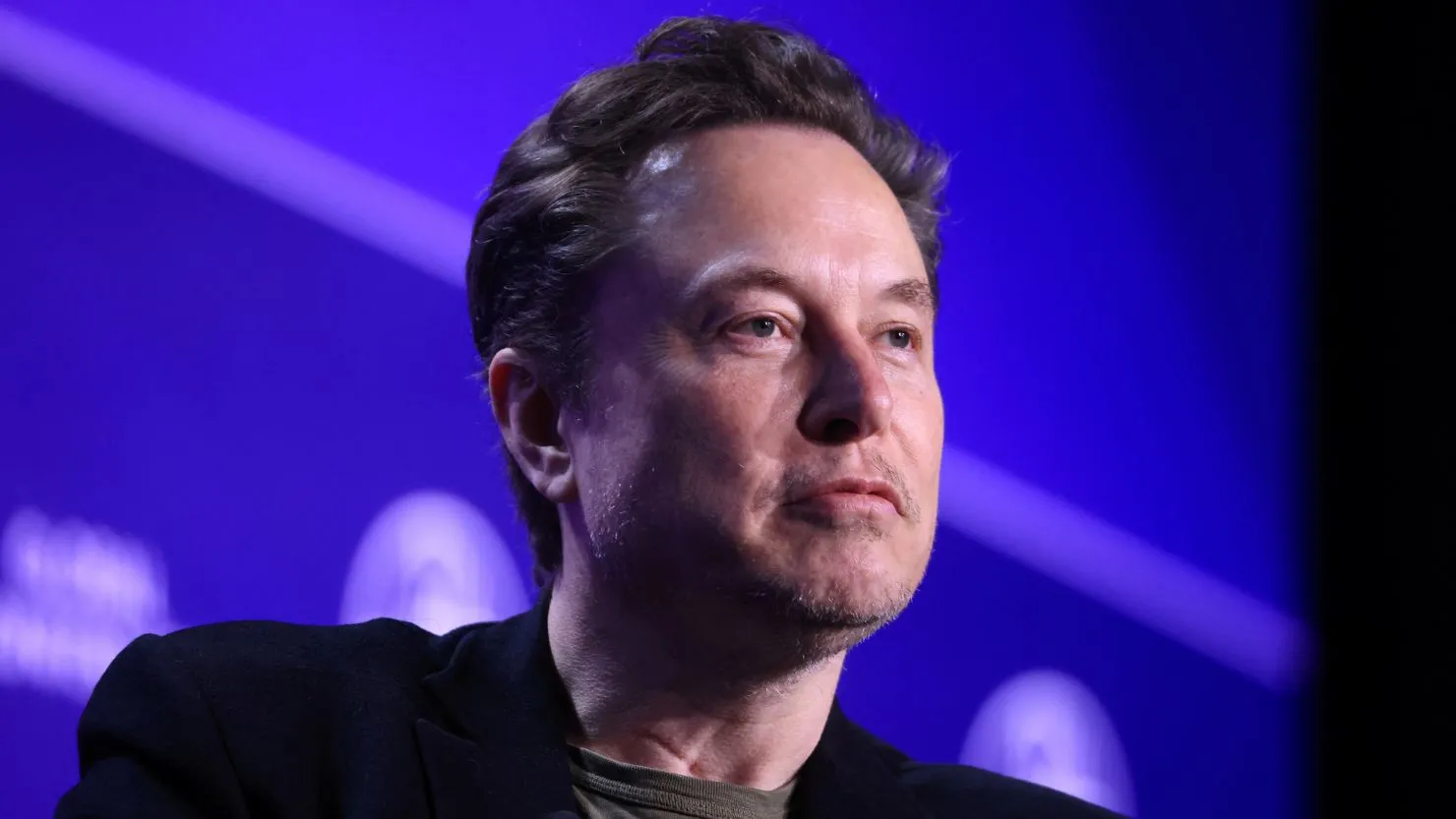
A Clash of Titans: Pop Culture vs. Tech Culture
This latest social media clash highlights the growing intersection between pop culture and tech culture, as well as the expanding influence of celebrity voices in areas traditionally dominated by technocrats and scientists. Swift, with her massive following and undeniable influence, has demonstrated the power of pop culture figures to sway public discourse, even in fields outside their typical spheres of influence.
For years, the tech industry, especially figures like Elon Musk, have been seen as untouchable visionaries who are shaping the future of humanity. However, Swift’s critique serves as a reminder that even the most celebrated innovators can be held accountable in the public eye.
Ethical Questions About Elon Musk
While Musk’s brilliance is rarely disputed, his ethics have long been a subject of debate. From labor controversies at Tesla to his handling of Twitter (now X), Musk has faced criticism for what some see as a disregard for the well-being of others in pursuit of progress.
Labor advocates have pointed out that Musk’s companies have been involved in several lawsuits concerning worker rights, safety violations, and unfair treatment. Critics argue that, while Musk may be advancing technology, his companies’ treatment of employees contradicts the ethical standards expected of leaders with global influence.
Additionally, Musk’s frequent and sometimes erratic use of social media has raised concerns about his judgment. His involvement in the cryptocurrency world, including his role in manipulating the price of Bitcoin and Dogecoin through his tweets, has further added to the scrutiny surrounding his business ethics.
Swift’s History of Social Activism
For Taylor Swift, this public critique of Musk aligns with her history of using her platform for activism. Over the years, Swift has transitioned from being perceived as a purely commercial artist to one of the most politically outspoken musicians of her generation. Her advocacy for LGBTQ+ rights, her support for the #MeToo movement, and her fight against powerful figures in the music industry (most notably Scooter Braun over the rights to her masters) have solidified her reputation as an artist who is unafraid to speak out.
By taking on Musk, Swift appears to be expanding her activism into new arenas. Whether it’s an attempt to spotlight the ethical considerations of technological advancements or simply a reflection of her own personal opinions, Swift’s criticism has certainly ignited an important conversation.
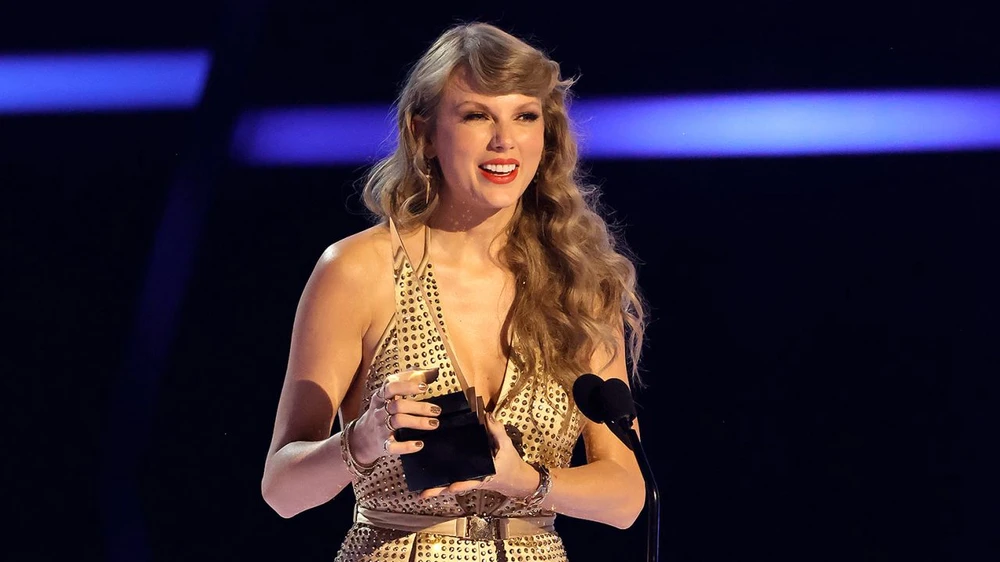
The Bigger Picture: Accountability in the Tech World
This latest exchange between Swift and Musk raises broader questions about accountability in the tech world. As technology becomes increasingly integral to our daily lives, the actions and ethics of those leading the charge are under more scrutiny than ever before. Figures like Musk are not only admired for their innovations but are also expected to uphold ethical standards that reflect their immense influence on society.
Swift’s comments, though brief, tap into a larger conversation about whether the tech industry’s leaders are being held to the same ethical standards as those in other industries. Should innovators be granted more leeway because of their contributions to human progress, or should they be judged by the same standards of integrity as everyone else?
